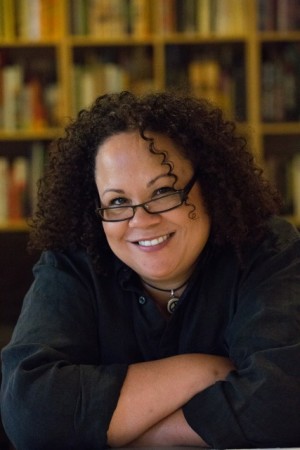Excerpted from HOW TO RAISE AN ADULT: Break Free of the Overparenting Trap and Prepare Your Kid for Success by Julie Lythcott-Haims, published June 9, 2015 by Henry Holt and Company, LLC. Copyright © 2015 by Julie Lythcott-Haims. All rights reserved.
To What End?
A heightened level of parental involvement in the lives of kids obviously stems from love—unquestionably a good thing. But by the time I stepped down as dean at Stanford in 2012 I had interacted not only with a tremendous number of parents but with students who seemed increasingly reliant upon their parents in ways that felt, simply, off. I began to worry that college “kids” (as college students had become known) were somehow not quite formed fully as humans. They seemed to be scanning the sidelines for Mom or Dad. Under-constructed. Existentially impotent.
Tremendous good can be said about the baby boomers—they were drafted into and questioned the Vietnam War, lay their bodies on the line in the monumental civil rights and civil liberties struggles of their day, and fueled the greatest economic growth our nation has ever seen. But did Boomers’ egos become interlaced with the accomplishments of their children to such an extent that they felt their own success was compromised if their children fell short of expectations?14 And did some of these parents go so far in the direction of their own wants and needs that they eclipsed their own kids’ chances to develop a critical psychological trait called “self-efficacy”—that is, what eminent psychologist Albert Bandura identifies as “the belief in one’s capabilities to organize and execute the courses of action required to manage prospective situations”?15 There’s a deeply embedded irony here: Maybe those champions of self-actualization, the Boomers, did so much for their kids that their kids have been robbed of a chance to develop a belief in their own selves.

Did the safety-conscious, academic achievement-focused, self-esteem-promoting, checklisted childhood that has been commonplace since the mid-1980s and in many communities has become the norm, rob kids of the chance to develop into healthy adults? What will become of young adults who look accomplished on paper but seem to have a hard time making their way in the world without the constant involvement of their parents? How will the real world feel to a young person who has grown used to problems being solved for them and accustomed to praise at every turn? Is it too late for them to develop a hunger to be in charge of their own lives? Will they at some point stop referring to themselves as kids and dare to claim the “adult” label for themselves? If not, then what will become of a society populated by such “adults”? These were the questions that began to gnaw at me and that prompted me to write this book.


